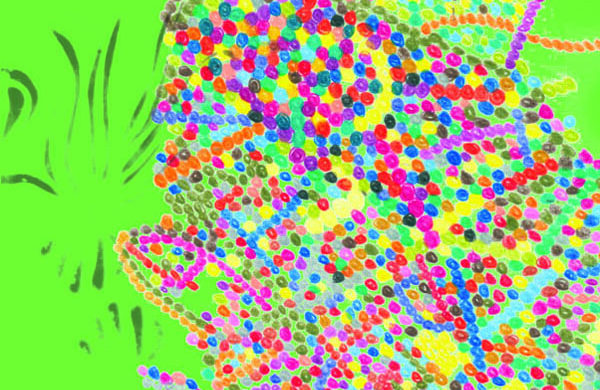Category: Richard Gilman-Opalsky
-

Communist Ontologies
Communist Ontologies. An Inquiry into the Construction of New Forms of Life Bruno Gullì & Richard Gilman-Opalsky “To be communist is to be lost, looking for an answer, looking for a way out. Communist Ontologies is an explicit dialogue between Bruno Gullì and Richard Gilman-Opalsky. The book breaks with the monologue form, brings us away…
-

Riotous Epistemology. Imaginary Power, Art, and Insurrection
Riotous Epistemology. Imaginary Power, Art, and Insurrection Richard Gilman-Opalsky & Stevphen Shukaitis Riots. Revolts. Revolutions. All flashing moments which throw the world – and our relationship with it – into question. For centuries people have pinned their hopes on radical political change, on turning worlds upside down. But all too often the ever-renewed dream of…
-
Future Che
Future Che John Gruntfest Future Che brings together, for the first time, the art, poetry and music of legendary free jazz saxophonist and composer John Gruntfest. Drawing on a critical theory of waves Future Che incites wave after wave of joyful insurrection. This book-art-music object includes an introduction by Richard Gilman-Opalsky and a live recording…
-

Precarious Communism
Precarious Communism: Manifest Mutations, Manifesto Detourned Richard Gilman-Opalsky How does one demonstrate the enduring relevance of a sacred text but to help it speak to present times? This is what churches do with the Bible and what Marxists do with the writings of Marx. Richard Gilman-Opalsky offers a book-length détournement of The Communist Manifesto as…
-

Spectacular Capitalism
Spectacular Capitalism: Guy Debord and the Practice of Radical Philosophy by Richard Gilman-Opalsky Despite recent crises in the financial system, uprisings in Greece, France, Tunisia, and Bolivia, worldwide decline of faith in neoliberal trade policies, deepening ecological catastrophes, and global deficits of realized democracy, we still live in an era of “spectacular capitalism.” But what…

